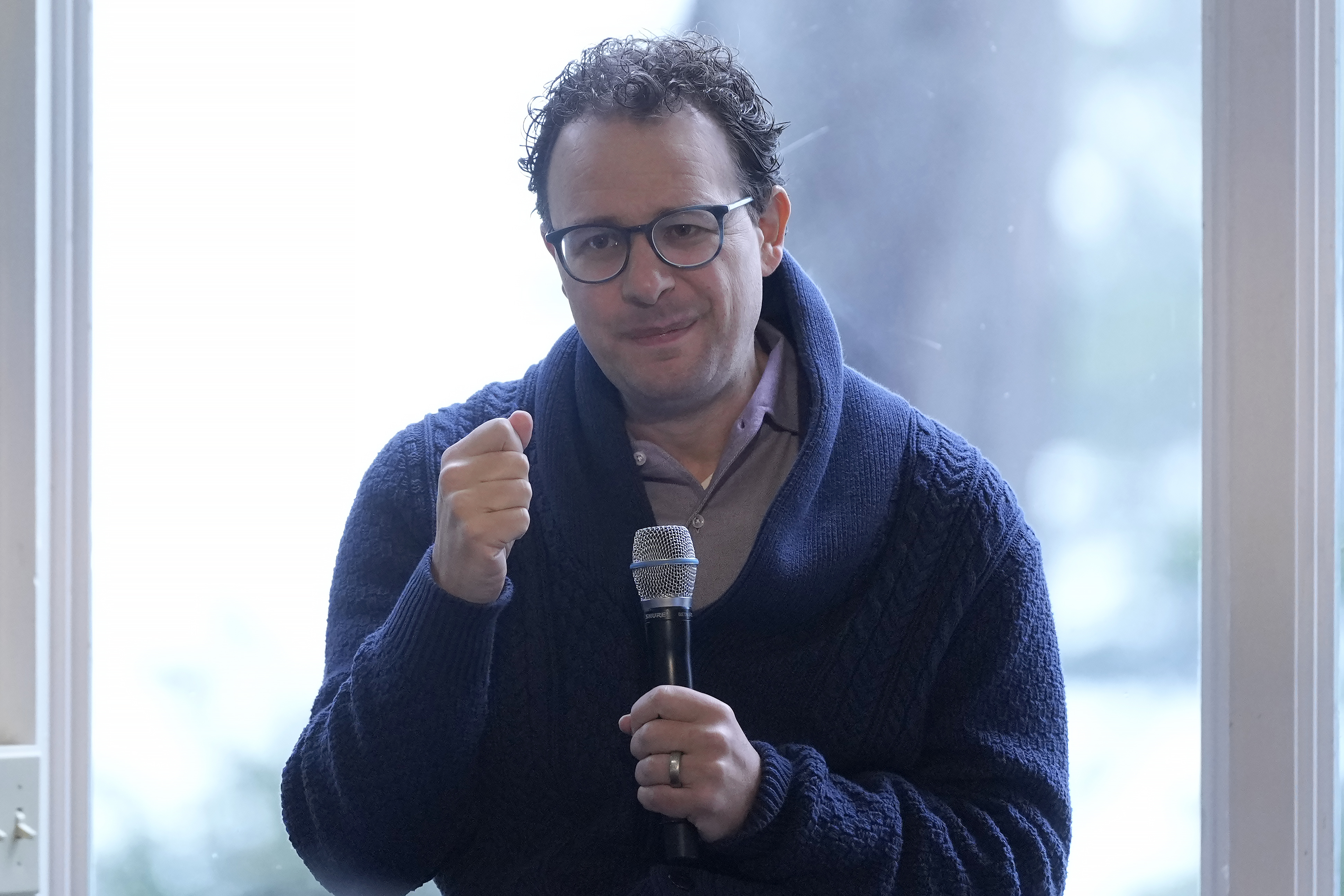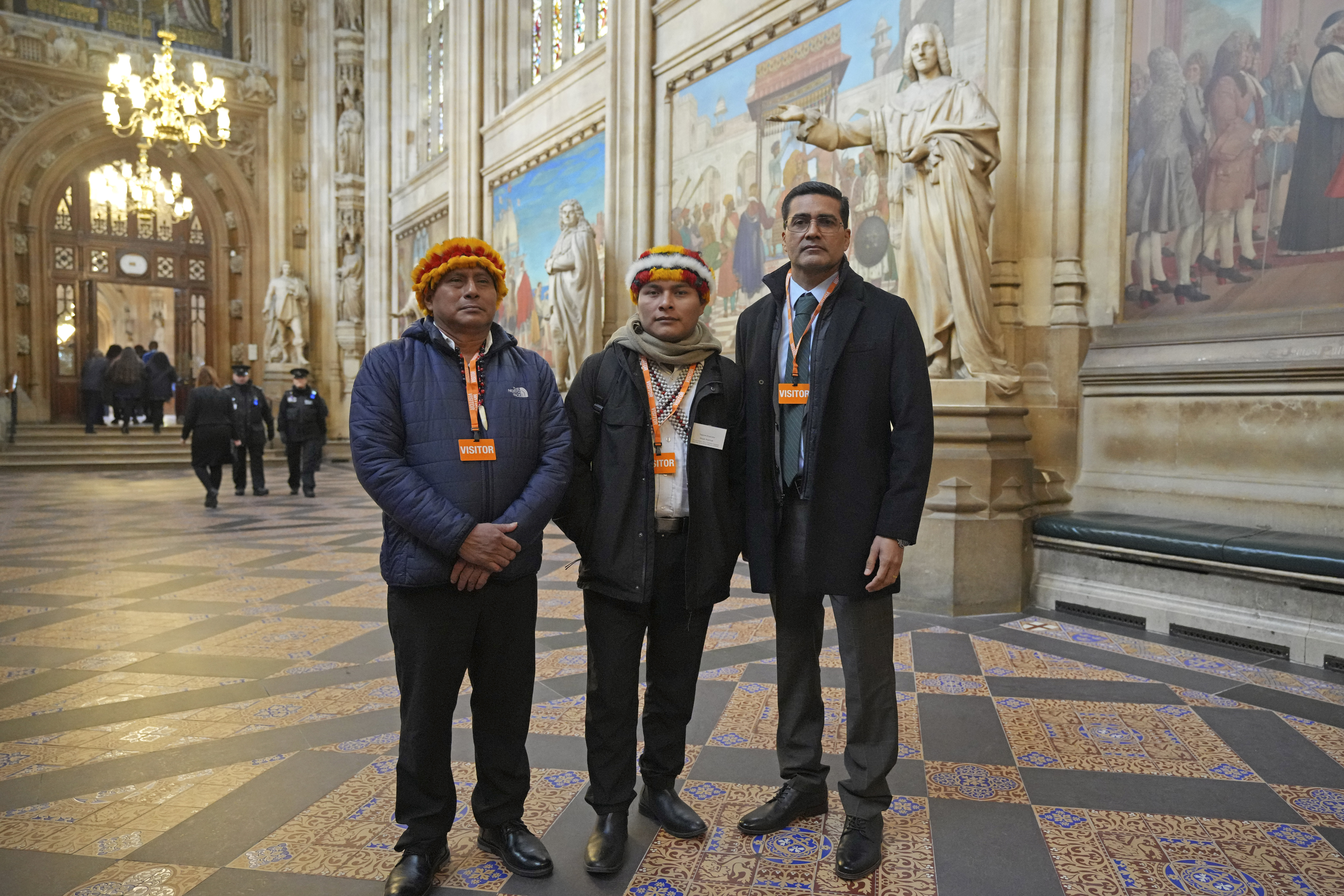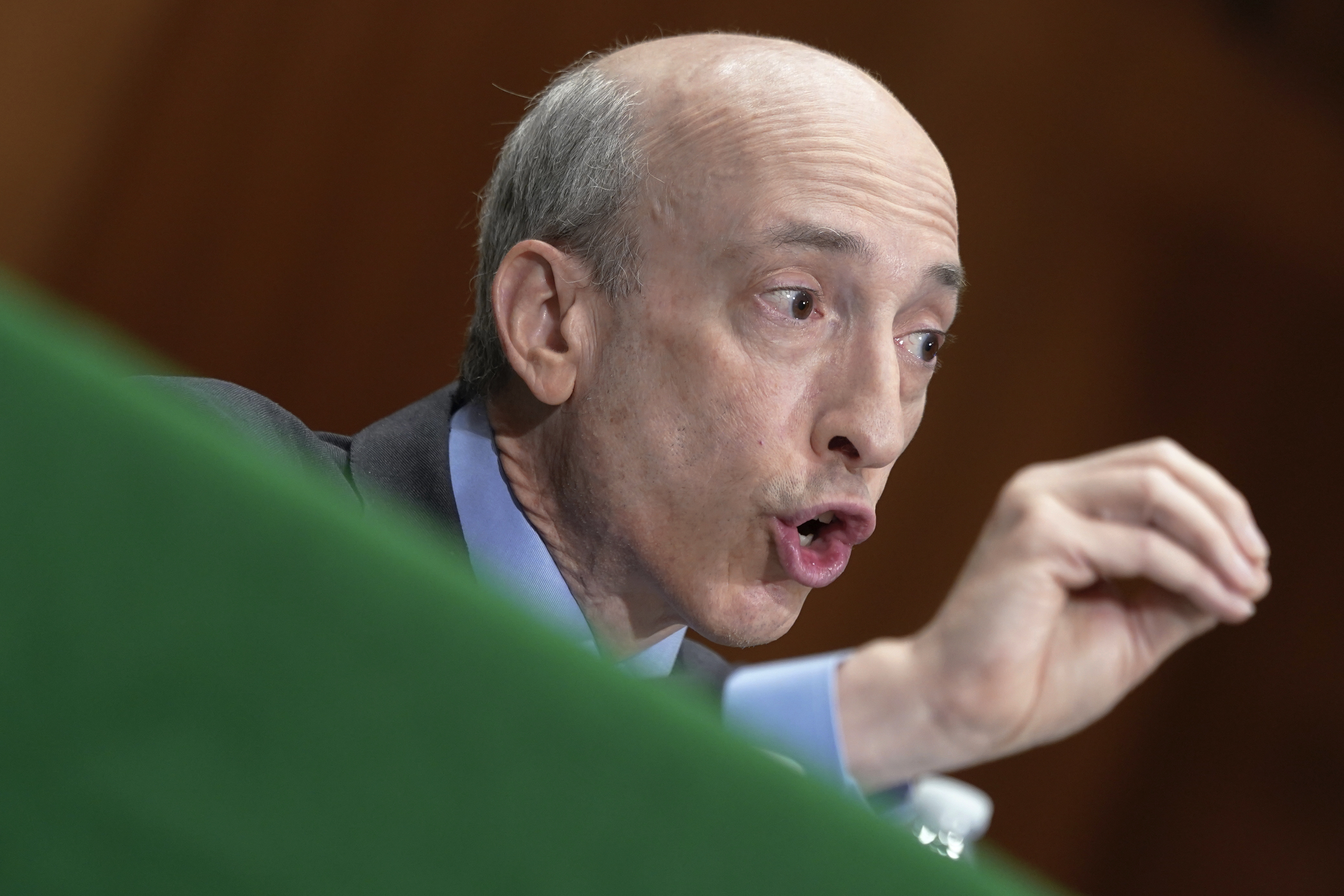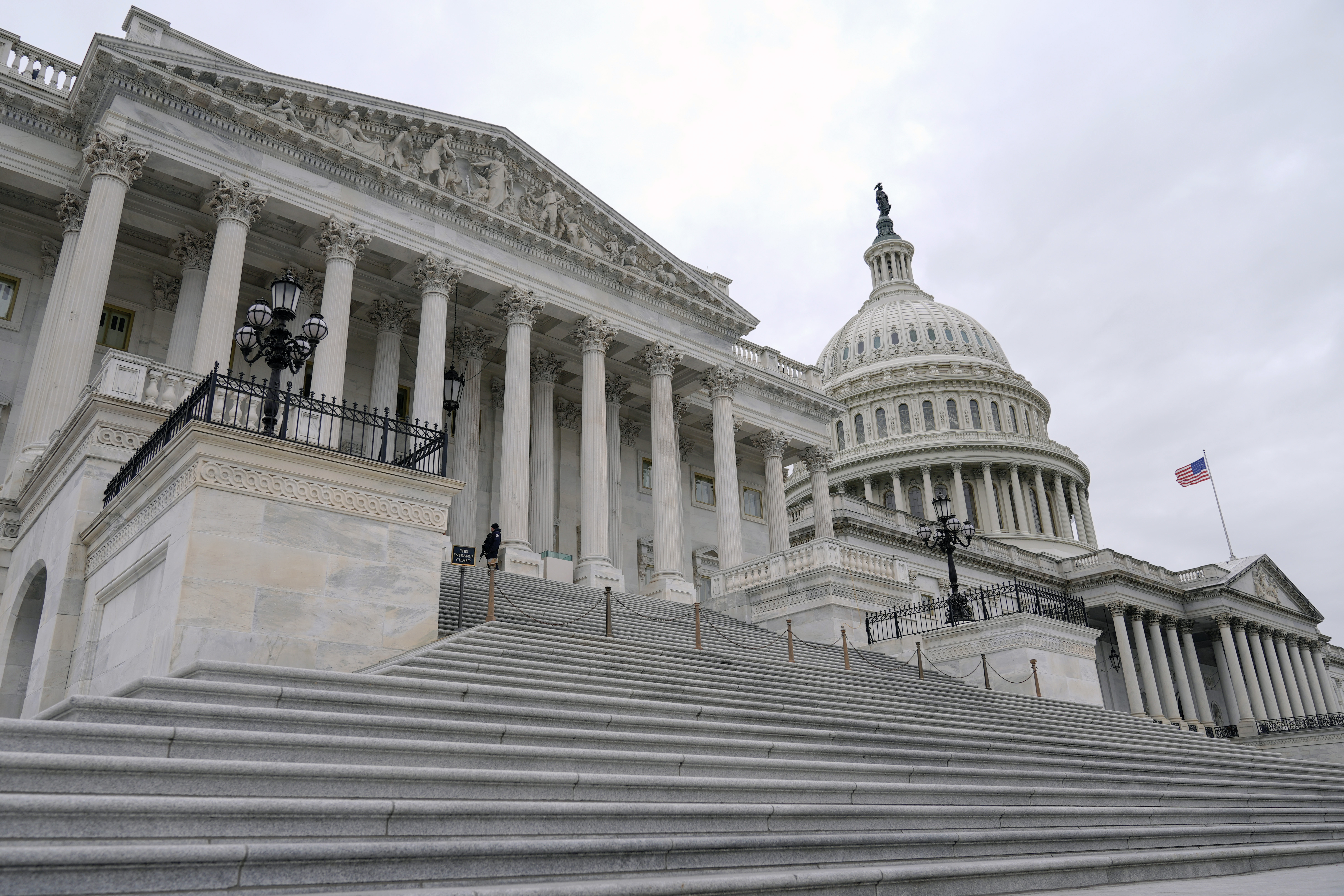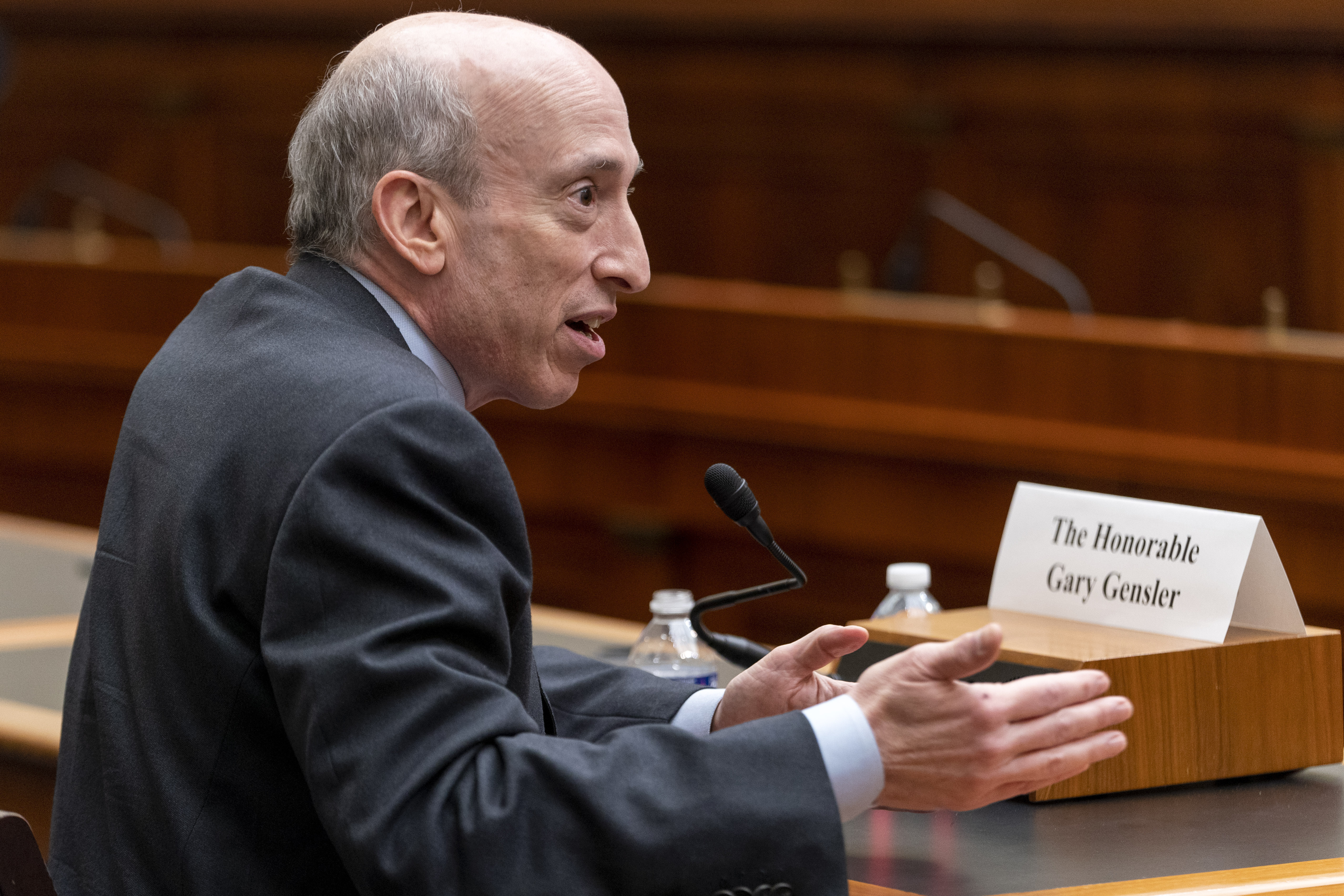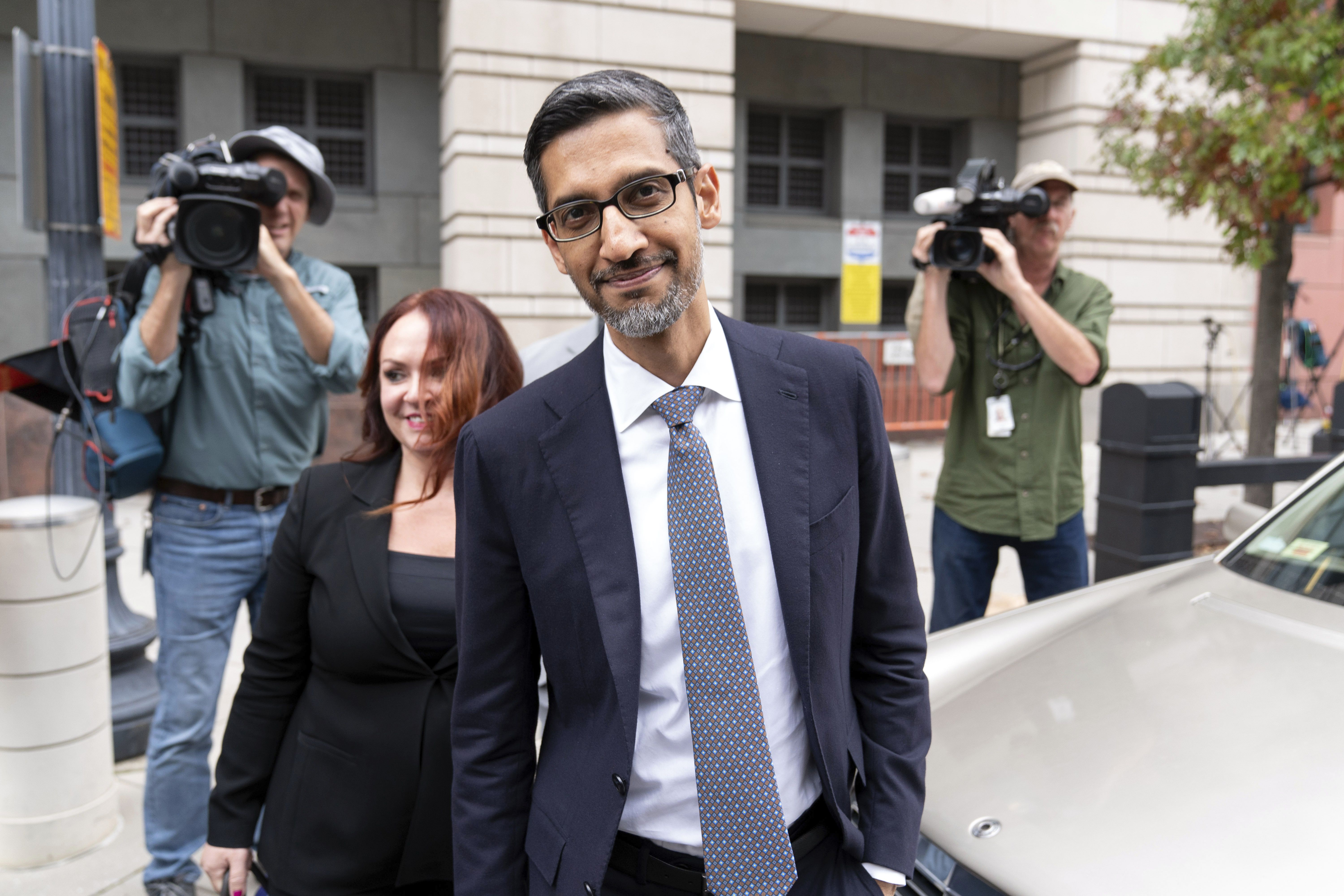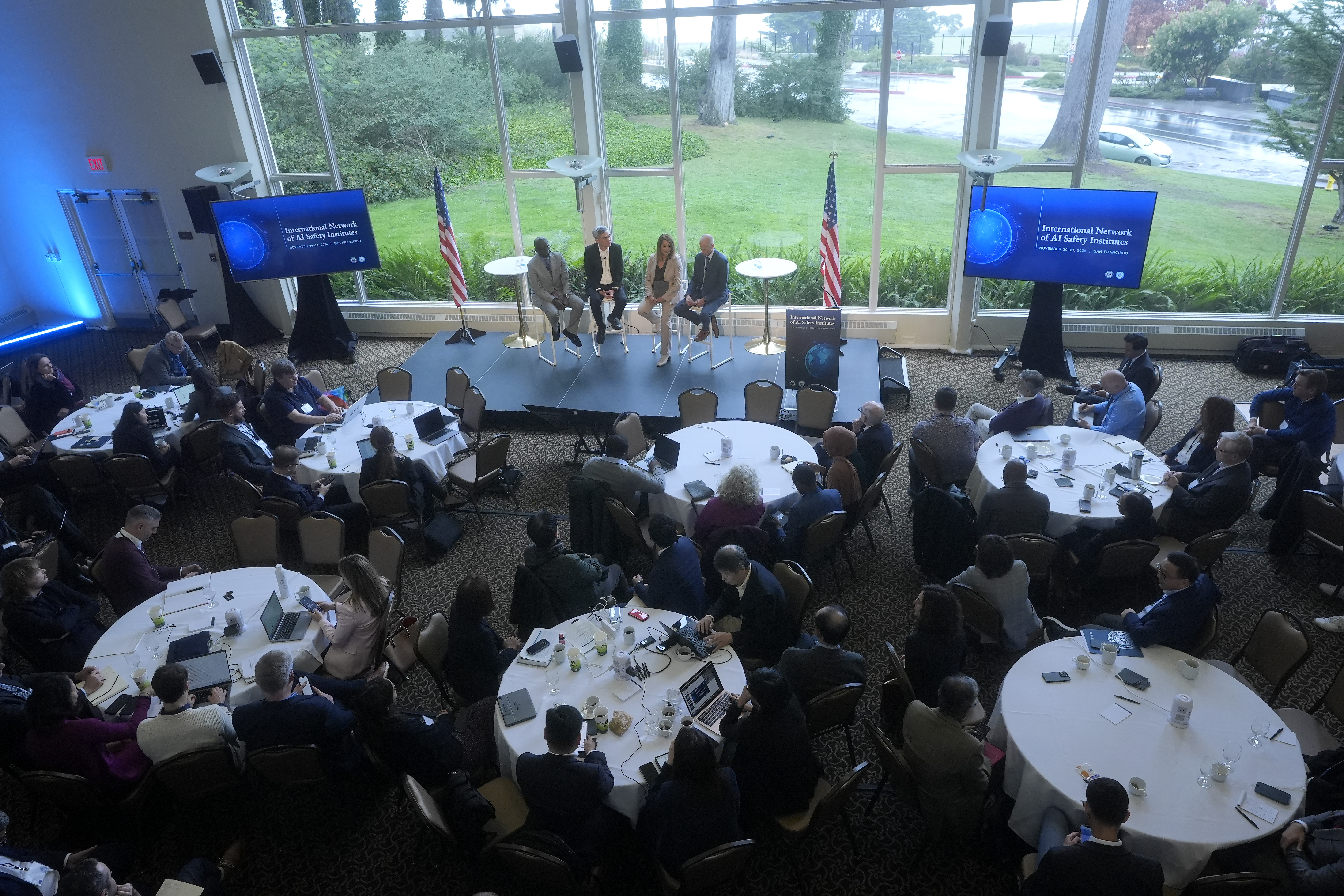Elijah Colon is a Republican candidate for the Virginia House of Delegates District 91. His name will appear on the ballot on November 7, 2023.
He is running against Democratic incumbent Cliff Hayes, Jr.
The first day of in-person early voting at your local registrar’s office for this election is Friday, Sept. 22, 2023. Click here to see who is on your ballot.
10 On Your Side reached out to all of the candidates running in this race with specific questions. The responses below came directly from the candidate and are unedited. If you do not see the candidate listed with a profile, we did not receive one.
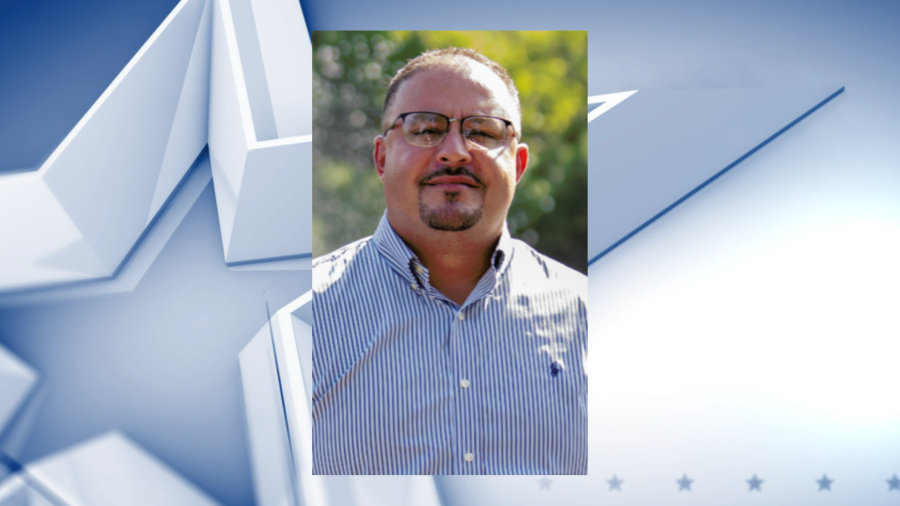
Name: Elijah Colon
Age: 42
Race: Virginia House of Delegates District 91
Party: Republican
Biography: Elijah Colon, a 17-year Chesapeake resident, embodies values deeply rooted in community and district awareness. A proud graduate of Norview High and attended Saint Augustine’s University, he champions principles grounded in pragmatism. With 9 years in sales at Coca-Cola Consolidated, Elijah always puts people first, emphasizing personal responsibility and community-driven solutions. He is active in the South Norfolk Civic League this highlights his dedication to grassroots involvement. Living in South Norfolk with his wife and two children Brendan, and Lila, he’s a steadfast pillar of the community. In the 91st district race, Elijah stands as a common-sense voice for hard-working Virginians.
Why are you running for this office?
I am running for this office because I believe our district needs genuine, transformative change. The hardworking individuals in our community have been overlooked for too long. In Richmond, I aim to be that voice that truly represents the concerns, aspirations, and dreams 1of the working class. It’s time for real representation that resonates with the everyday challenges faced by our constituents.
What is the most important issue facing Virginia, and what is your position on it?
The most pressing issue facing Virginia today is the intertwined challenge of inflation, job availability, and overall economic stability. My position is clear: We need proactive measures to revitalize our economy. First, by reducing taxes, we can provide immediate relief to the working class, ensuring more money remains in their pockets. This not only stimulates spending but boosts consumer confidence. Additionally, Virginia must become a beacon for businesses. By offering incentives and creating a favorable business climate, we can attract companies, leading to job creation and a fortified tax base.
Furthermore, it’s essential we focus on retaining our talented youth. Too often, our skilled workers, after high school or college graduation, seek opportunities elsewhere. We need to ensure Virginia offers competitive career opportunities, making our state a desirable place to start and grow their professional journeys. Similarly, for our servicemembers approaching military retirement, we should provide pathways to seamlessly transition into civilian roles within our state. Their skills and expertise are invaluable assets we must harness.
Through these multifaceted initiatives, we can ensure a prosperous and sustainable economic future for all Virginians.
What it the top challenge facing your district, and how would you address it?
The primary challenge facing our district is its diverse economic landscape, making one-size-fits-all solutions ineffective. In closely analyzing our district’s unique composition, two issues consistently emerge as paramount: taxes and education.
Our diverse economic backgrounds mean that every tax decision has a ripple effect throughout the community. To address this, I propose strategic tax cuts targeted to benefit every resident, regardless of their economic standing. By easing the tax burden, we can foster an environment where businesses thrive, job opportunities are abundant, and the cost of living becomes more manageable.
On the education front, we need an adaptive approach. Given our district’s varied needs, our educational strategies must be flexible yet focused. I advocate for increased funding to schools, ensuring they have the resources to cater to each student’s needs. This includes advanced programs for gifted students, vocational training for those leaning towards non-academic careers, and additional support for students who need it.
By addressing these two core issues, we can create a district where everyone, irrespective of their economic background, has the opportunity to prosper and achieve their aspirations.
As does Governor Youngkin , I believe we should contemplate adjusting the permissible window to a maximum of 15 weeks, underpinned by specific, well-defined exceptions. This proposed duration is an effort to strike a delicate balance. On one hand, it recognizes a woman’s right to make critical medical choices, particularly when guided by expert health consultations. On the other, it aims to acknowledge and respect the evolving considerations associated with fetal development.
Any potential amendments to our existing framework should be a culmination of collaborative discussions involving medical professionals, ethicists, community representatives, and policymakers. The goal is to craft policies that are not only aligned with medical insights but are also ethically considerate, ensuring we make decisions that are in the best interests of our citizens and the broader community.
How do you feel about the politicization of public education?
The politicization of public education is concerning. Education should be an arena where students are equipped with the skills, knowledge, and critical thinking abilities necessary for their future, devoid of political bias. When education becomes overly politicized, it risks overshadowing the primary goal of fostering an environment conducive to learning and personal growth.
Children and young adults should be encouraged to think critically, understand various perspectives, and make informed decisions based on evidence and reason. Political agendas, regardless of which side they come from, can detract from this objective.
For a robust democracy, we need an educated populace that can engage in meaningful discourse. It’s essential to ensure that our schools remain places of learning and exploration, not political battlegrounds. As Delegate, I would advocate for policies that prioritize the quality and integrity of education over political interests.
What legislation would you plan to sponsor in your first year?
In my first year, I plan to sponsor legislation dedicated to enhancing the capabilities of our police force, specifically concerning mental health training. The dual purpose of this legislation will be to:
Equip our officers with tools and training to better understand, identify, and appropriately respond to situations involving individuals with mental health issues. This not only ensures the safety and well-being of the individual in distress but also protects our officers and the community at large.
Strengthen community relations: By providing our officers with this specialized training, we’re fostering a more compassionate, understanding, and effective police force. This helps in building trust with the community, as residents will see officers acting with greater empathy and effectiveness in challenging situations.
Additionally, this legislation would ensure that a portion of our state’s budget is allocated to regularly update this training, reflecting the latest advancements in mental health understanding and care. Our officers deserve the best resources and training available, and our community deserves a police force equipped to manage the diverse challenges they face daily.
What is your view on unlimited campaign contributions? Should that change?
While unlimited campaign contributions can be concerning for some, I believe that transparency is the key. In states like Virginia, the emphasis isn’t on limiting the amount one can contribute but ensuring there’s full transparency in those contributions. This means candidates must disclose who is donating and how much, making it public knowledge.
Transparency ensures that the electorate is informed about who supports their candidates financially, allowing them to make better-informed decisions at the ballot box. It provides a level of accountability for elected officials, ensuring that their financial backers are known to all.
While there’s always room for improvement and it’s essential to regularly evaluate the effectiveness of our campaign finance laws, I believe that a robust system of transparency can balance the interests of free political speech and fair representation. This system ensures that, even if contributions are unlimited, they’re always in the public eye, minimizing the risk of undue influence.
How will you still value constituents with whom you disagree with?
Every constituent, regardless of whether we agree or disagree, deserves to be heard and valued. Our democracy thrives on diverse perspectives, and it’s essential to find common ground to serve the collective needs of the people effectively. While personal views are inherent to everyone, my primary focus will always be on the needs and concerns of the constituents. It’s not about me; it’s about them. It’s paramount to put personal biases aside and genuinely listen, ensuring that everyone feels represented and that we’re fulfilling the duty entrusted to us by the people.


